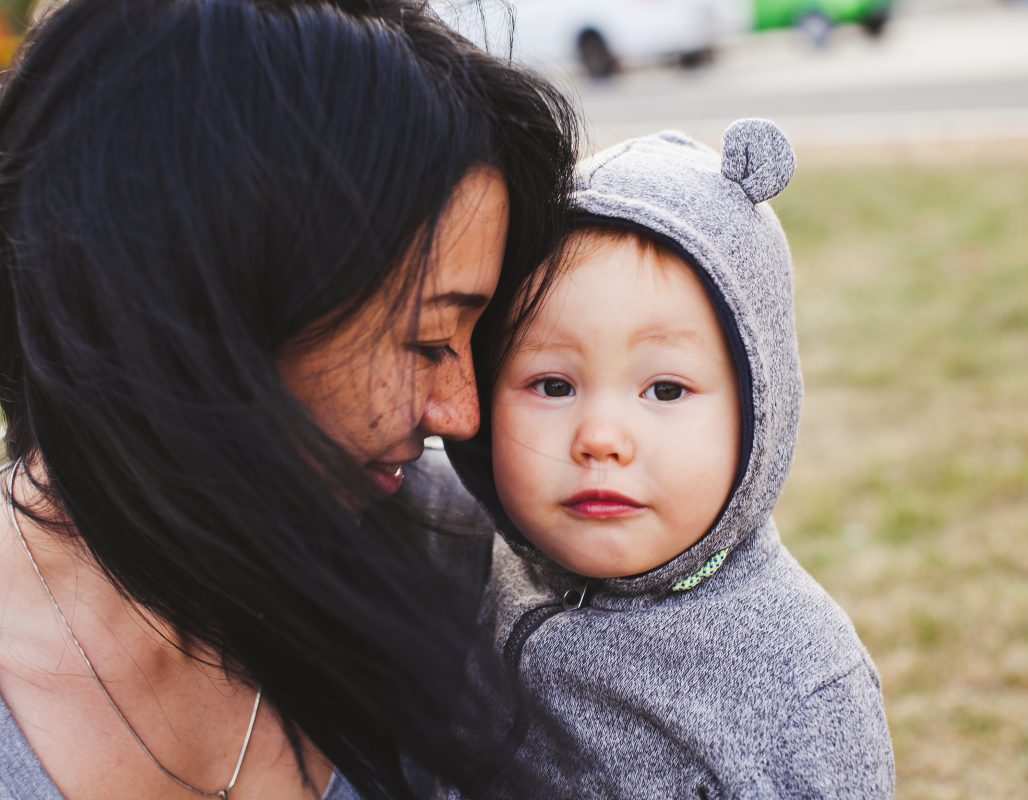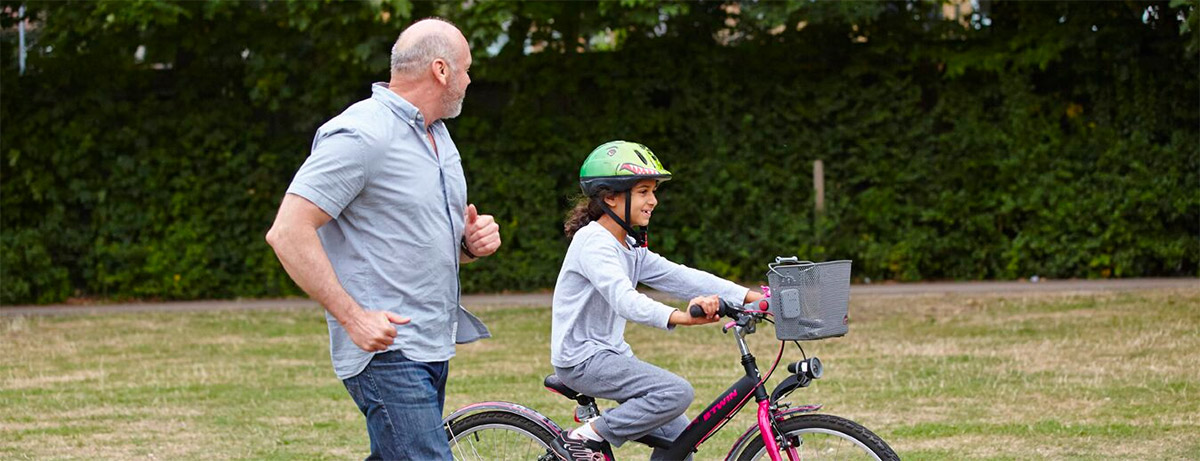Step Parent & Family Adoption
A sense of identity is important to a child’s well-being. Children are entitled to grow up as part of a loving family, and that could happen through adoption. A child’s wishes and feelings are important and these will be considered when making these decisions.

What are the reasons for considering step-parent adoption?
Step parent or family adoption is when you become the legal parent and take parental responsibility for a child you know. There are many reasons why you may be considering adopting your step-child/ren. Some of the most common reasons are to show commitment to the family unit and relationship or to feel more involved in supporting a child, and being able to make important decisions in their life.
Some other reasons why you are considering adopting a step child/ren could include:
- Name change (although this can also be done by deed poll)
- Inheritance
- Consent to medical treatment
- Security of family unit
- Recognition of step-parent role in a child’s life
- Child’s sense of belonging
- Severing ties with a birth family
- Parental responsibility
Important things to consider before deciding that adoption is right for you and your family:
- The children’s wishes and feelings
- The other birth parent’s wishes and feelings
- The implications of ending the legal relationship between the child and the other birth parent, as well as their wider family such as grandparents – this may cause the child to resent having had to ‘choose’
- What you want to achieve: to become the child’s legal parent forever or to share parental responsibility with the child’s birth parents, while the child is growing up as a child in a step-family

What will happen as a result of the adoption?
When a step-parent adopts their partner’s child it ends the legal relationship between that child and their other birth parent and that wider family network such as grandparents and other relatives.
The child loses all maintenance and inheritance rights with the birth family, and acquires rights to your estate with your own children.
You become the legal parent of the child forever and have parental responsibility, meaning that if and your partner separate you legally remain the child’s parent.
The child’s surname can be changed unless the court prevents this.
What are the rights of the birth parent?
It’s not normally possible for a step-parent to adopt their stepchild if the other birth parent is still a part of that child’s life because the other birth parent’s consent would be required.
The non-resident birth parent is often unwilling to give up their parental responsibility and legal relationship with their child. The importance of a child retaining a close relationship with both birth parents is well recognised by both the courts and child development experts.
This will take precedence over consideration such as whether the birth parents were married or not. This is another reason why step-parent adoption will only be suitable in a limited number of circumstances. The other birth parent will be contacted as part of the assessment.
Giving consent
The consent of the other birth parent is of the utmost importance. If the other birth parent refuses to allow the adoption, under Section 47 of the Adoption and Children Act 2002 an adoption order cannot be made unless the court determines that consent isn’t required. In making this decision the court will consider important factors such as:
- the extent to which the non-consenting birth parent has participated in the child’s life, financially, practically and emotionally
- the extent to which she or he would be likely to do so in the future
- the views of the child.
Who can apply for a step-parent adoption?
You can apply for a step-parent adoption if:
- you are aged 21 years or more
- you satisfy the court and the council’s social worker who will make a report on your suitability to adopt.
- you have been living as a family for at least six months before applying for an adoption order
Is there an alternative to adoption?
Step-parent adoption is not always the most appropriate choice for a family. There are alternatives which may more appropriately secure a child’s place in your family.
For example, a step-parent who is married to the resident birth parent can gain Parental Responsibility (PR) by entering into a Parental Responsibility Agreement with all those who hold parental responsibility or by applying to the court for a Parental Responsibility Order or Child Arrangement Order.
Parental Responsibility Agreement
A step-parent married to a birth parent may obtain parental responsibility if all those with parental responsibility give consent to the agreement. For more information about parental responsibility agreements visit the Parental rights and responsibilities GOV.UK website.
Parental Responsibility Order
This is a court order that specifies that a named person has parental responsibility for a child. Parental responsibility is then shared between the holder and any birth parent who already has parental responsibility (or anyone who has also acquired parental responsibility by way of a court order).
For instance: Jack is five years old and lives with his mum and her new husband. Jack is starting school in the spring, and his mum and step-dad would like everyone to have the same name when he starts school so they feel more like a family – but also, more practically so his step-dad can agree any medical treatment Jack might need if he hurts himself in the playground. Jack does see his birth father from time to time and always gets a present for his birthday and Christmas. A Parental Responsibility Order gives Jack’s step-dad the authority he needs to sign forms for school. Jack’s surname can be changed by deed poll, if all those with parental responsibility agree to the change of name.
Child Arrangement Order
This is a court order that specifies the name of the person or persons with whom a child is to live. The named person automatically acquires parental responsibility for the child and this is shared with anyone else who has parental responsibility for the child (usually birth parents). The order lasts until the child reaches the age of 16 or 18.
Not making an order at all
If a family cannot agree, or a court considers an order or agreement not to be in the best interests of the child, they will not make an order.
Next steps
Should you wish to consider step parent adoption you will need to formally write to your local regional adoption agency, giving full family details, including names, DOB, relationships, address and contact details.
Please also include details of how long you have lived together as a family and the views of all parties on the proposed adoption: including birth father and any significant relatives (for example paternal grandparents).
As you may be aware, that we have taken over the work of 23 Local Authorities. I hope that you will therefore understand that we must prioritise our work in finding families for children who need to be placed in a loving adoptive family. We will have a waiting list for step parent adoptions which is currently a minimum of six months.
Do you want to speak to someone?
Let us help you to find the advice you need
